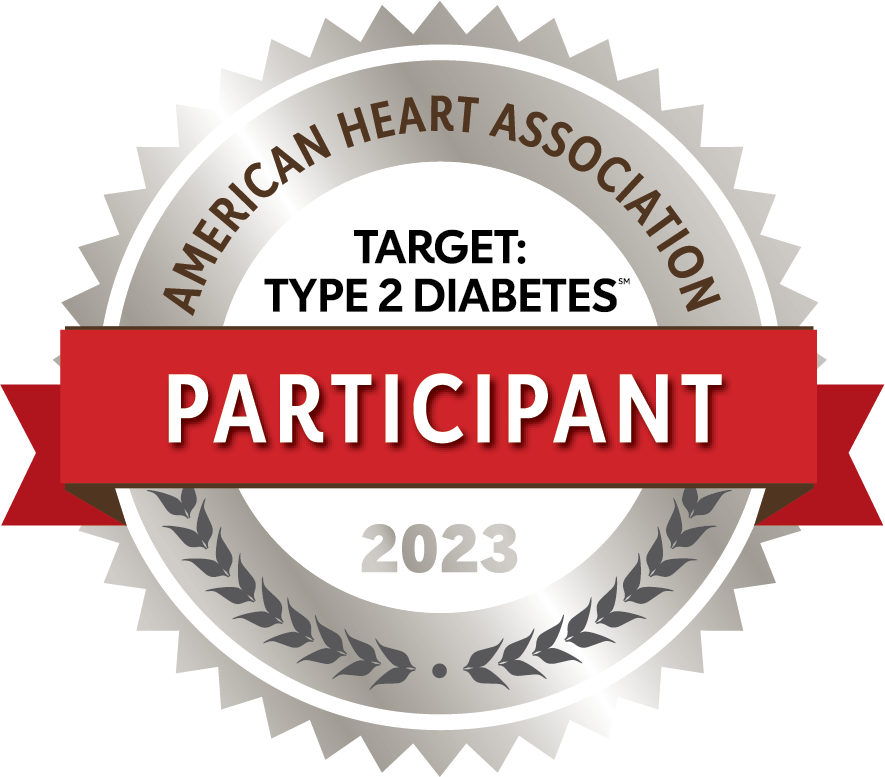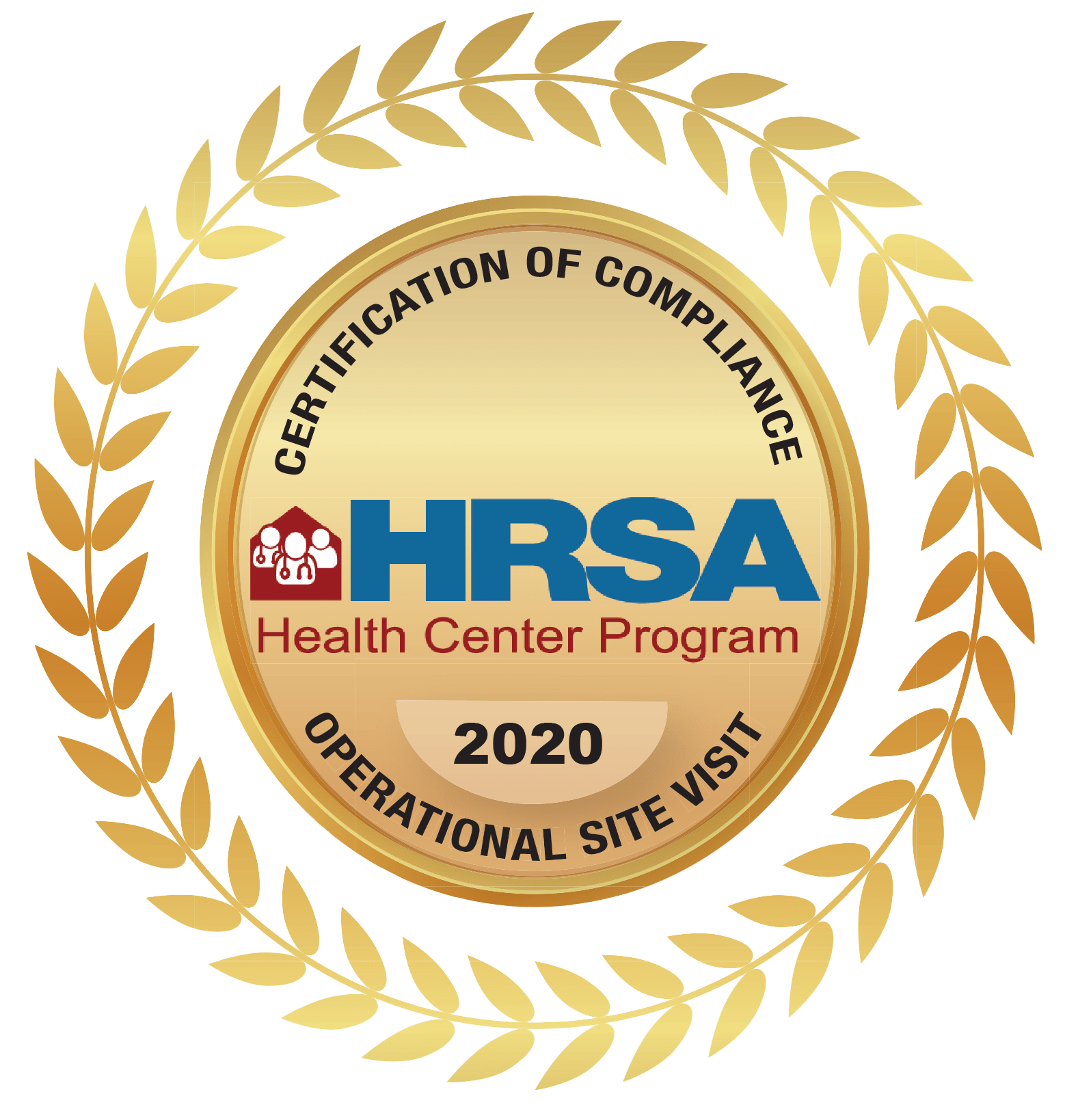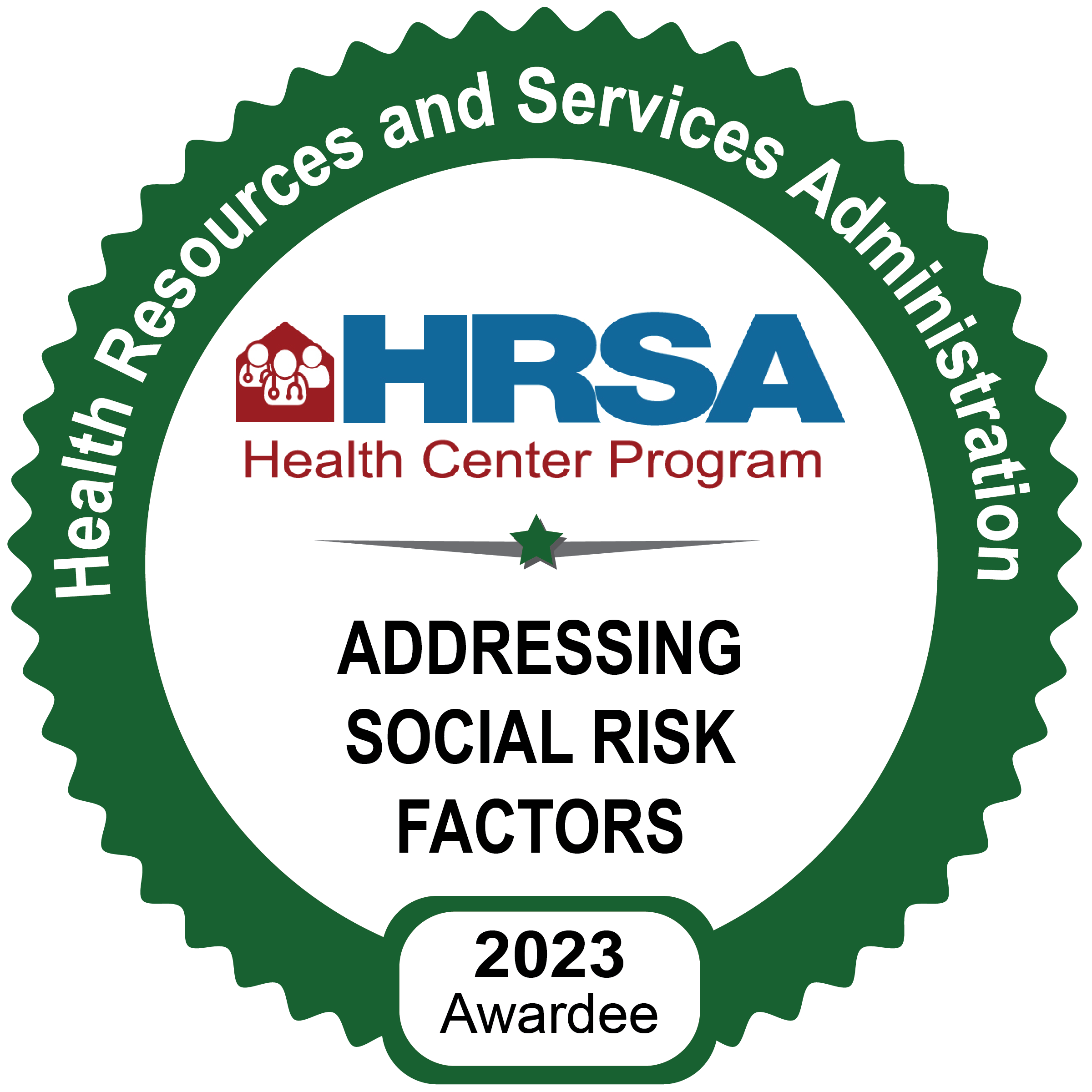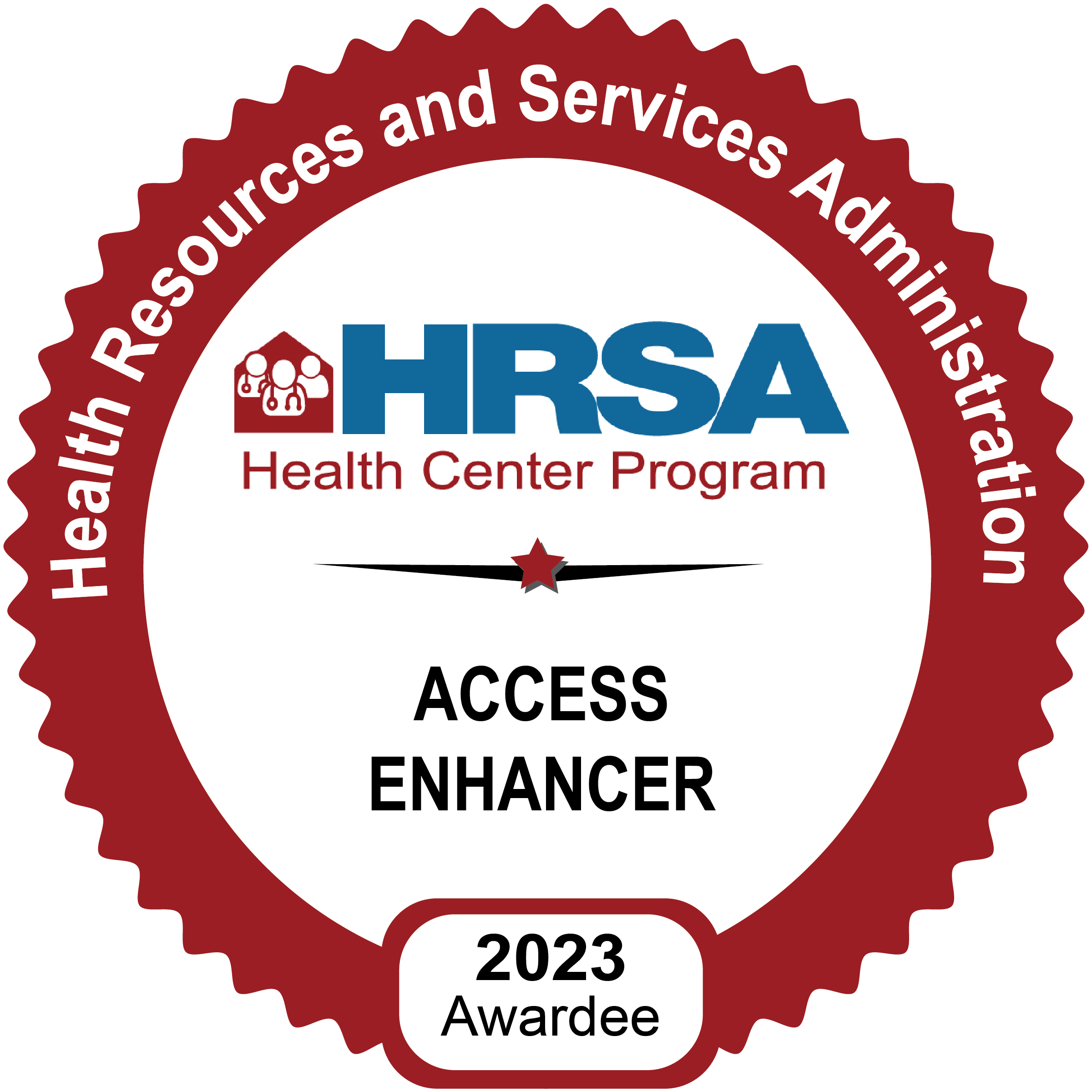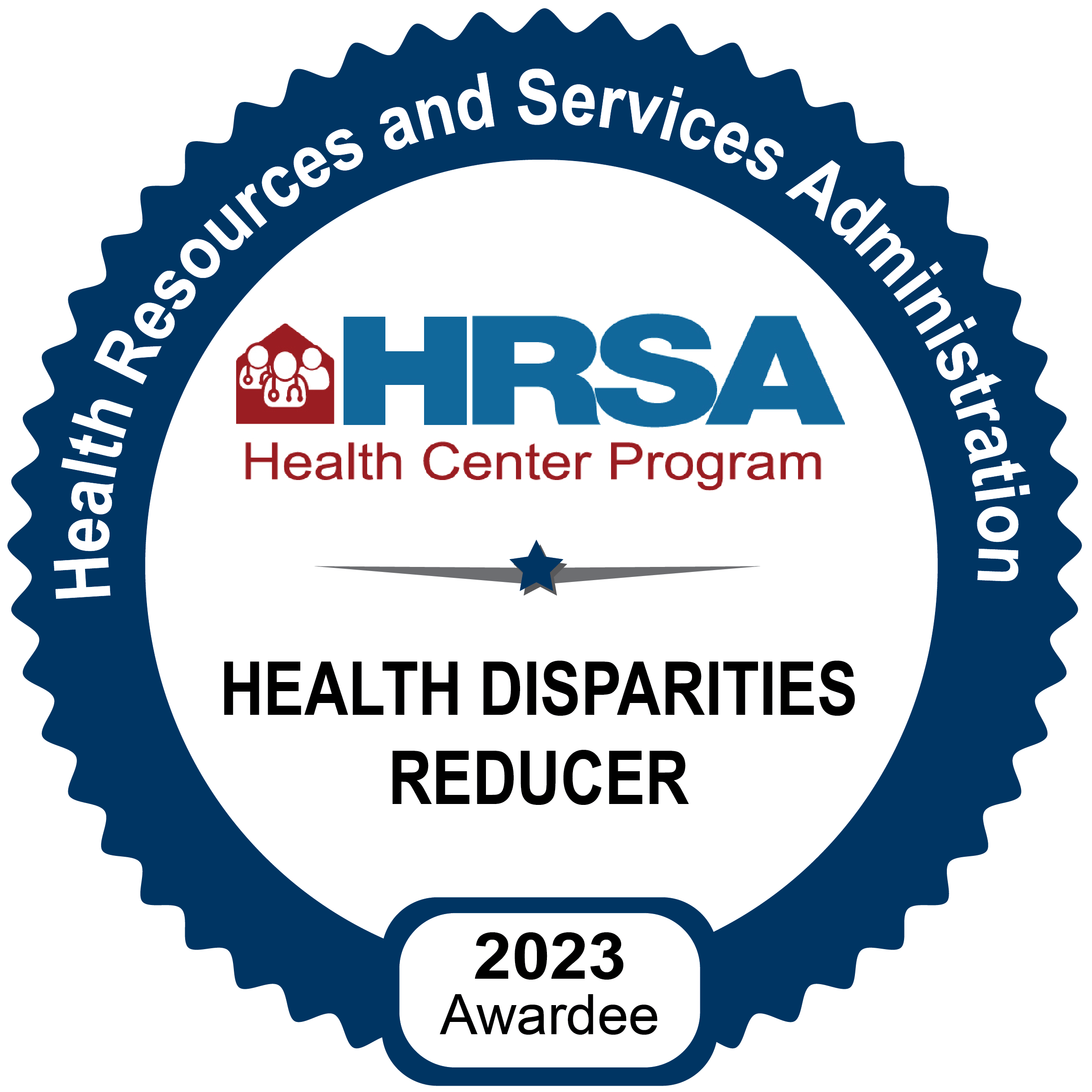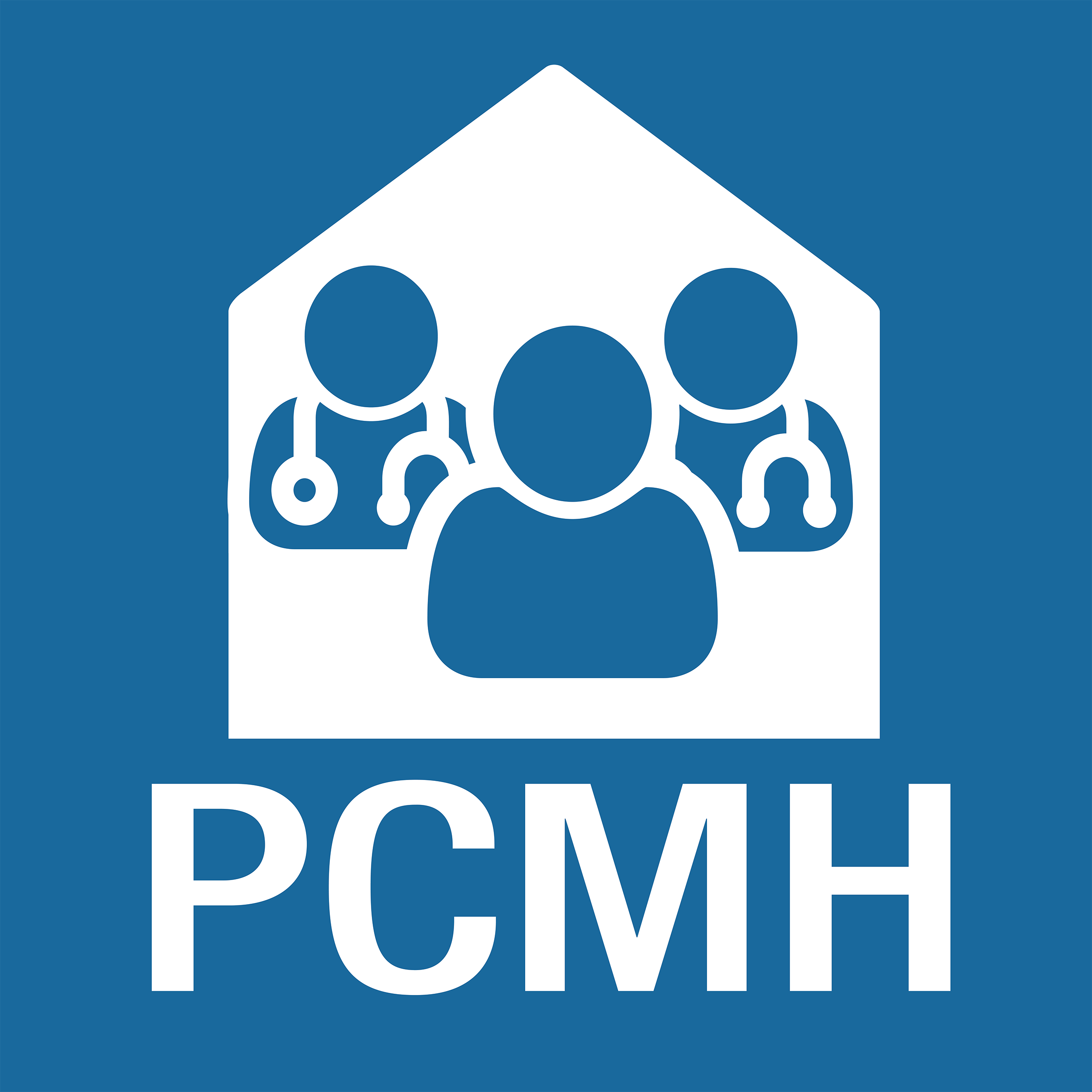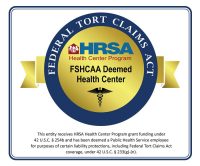by: Darryl Lacy, PA-C, Rocky Ford Clinic
Cardiovascular disease, also known as heart disease, is the leading cause of death for men, women, and people of most racial and ethnic groups in the United States. About 655,000 Americans die from cardiovascular disease each year. Cardiovascular disease generally refers to a condition that involves narrowed or blocked vessels that can lead to heart problems. Stroke, heart attack, heart failure, irregular heart beat, and Peripheral Heart Disease are ally types of cardiovascular disease. It is known as the silent killer because people typically don’t display any symptoms.
It can be caused by correctable problems such as unhealthy diet, lack of exercise, overweight, and smoking. Many people who do not have their cholesterol and blood pressure checked regularly succumb to heart disease without every realizing they had health issues. Most common signs of cardiovascular disease can include dizziness, headaches, blurred vision, swelling around the ankles, fatigue, and shortness of breath.
Things You can Do At Home
Diet
- Use less salt when you cook and eat. This helps lower your blood pressure. Taste food before salting. Add only a little salt when you think you need it. With time, your taste buds will adjust to less salt.
- Eat fewer snack items, fast foods, canned soups, and other high-salt, high-fat, processed foods.
- Read food labels and try to avoid saturated and trans fats. They increase your risk of heart disease by raising cholesterol levels.
- Limit the amount of solid fat-butter, margarine, and shortening-you eat. Use olive, peanut, or canola oil when you cook. Bake, broil, and steam foods instead of frying them.
- Eating fish can lower your risk for heart disease. Eat at least 2 servings of fish a week. Salmon, mackerel, herring, sardines, and chunk light tuna are very good choices. These fish contain omega-3 fatty acids.
- Eat a variety of fruit and vegetables every day. Dark green, deep orange, red, or yellow fruits and vegetables are especially good for you. Examples include spinach, carrots, peaches, and berries.
- Foods high in fiber can reduce your cholesterol and provide important vitamins and minerals. High-fiber foods include whole-grain cereals and breads, oatmeal, beans, brown rice, citrus fruits, and apples.
- Limit drinks and foods with added sugar. These include candy, desserts, and soda pop.
Lifestyle Changes
- If your doctor recommends it, get more exercise. Walking is a good choice. Bit by bit, increase the amount you walk every day. Try for at least 30 minutes on most days of the week. You may also want to swim, bike, or do other activities.
- Do not smoke. If you need help quitting, talk to your doctor about stop-smoking programs and medicines. These can increase your chances of quitting for good. Quitting smoking may be the most important step you can take to protect your heart. It is never too late to quit. You will get health benefits right away.
- Limit alcohol to 2 drinks a day for men and 1 drink a day for women. Too much alcohol can cause health problems.
Medicines
- Take your medicines exactly as prescribed. Call your doctor if you think you are having a problem with your medicine.
- If your doctor recommends aspirin, take the amount directed each day. Make sure you take aspirin and not another kind of pain reliever, such as acetaminophen (Tylenol). If you take ibuprofen (such as Advil or Motrin) for other problems, take aspirin at least 2 hours before taking ibuprofen.
Important Things To Remember
Call 911 if you have symptoms of a heart attack. These may include:
- Chest pain or pressure.
- Sweating.
- Shortness of breath.
- Pain, pressure, or a strange feeling in the back, neck, jaw, or upper belly or in one or both shoulders or arms.
- Lightheadedness or sudden weakness.
- A fast or irregular heartbeat.
After you call 911, the operator may tell you to chew 1 adult-strength or 2 to 4 low-dose aspirin. Wait for an ambulance. Do not try to drive yourself. Watch closely for changes in your health, and be sure to contact your doctor if your symptoms are slowly getting worse.


